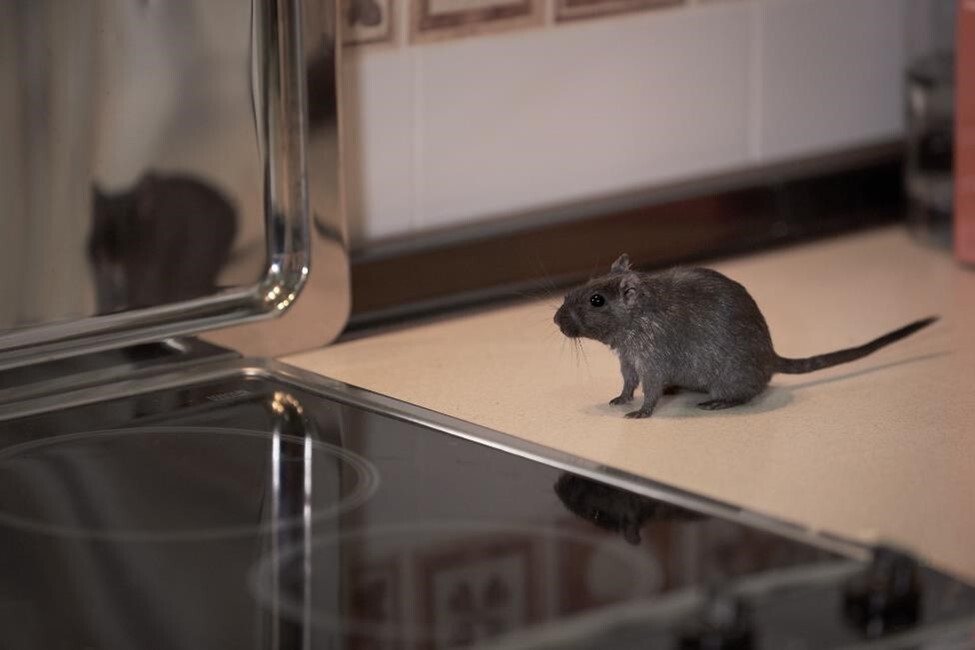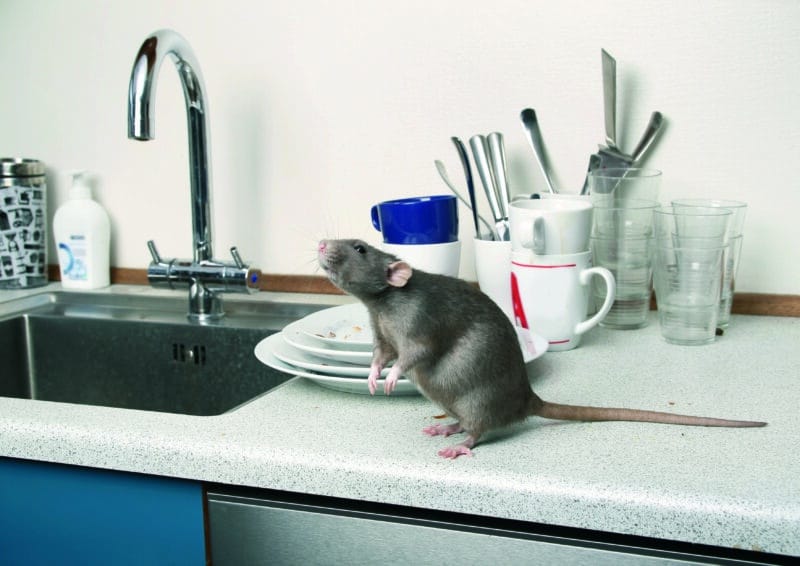In every household, maintaining a clean and pest-free environment is crucial, especially when children are involved. Its no secret that pests can bring about various diseases and can become a real nightmare if left unchecked. However, the worry often doubles when considering safe pest control measures that wont harm the young ones. This article will guide you through effective and child-friendly pest management strategies to help maintain a healthier home environment.

Understanding the Risks: Why Safe Pest Control for Children Matters
Children are naturally curious, often exploring areas that adults might overlook, which can sometimes expose them to harmful substances. The chemicals used in traditional pest control methods can pose significant risks. For example, some pesticides contain toxins that can lead to developmental issues in children if inhaled or ingested. Considering young kids' vulnerability, it's pivotal to ensure any pest control solution is child-safe, focusing on non-toxic alternatives. By prioritizing safe pest control for children, youre not only addressing the pest issue but also safeguarding your familys health.
Identifying Common Household Pests: What Parents Need to Know
Before diving into solutions, its essential to recognize the common household pests you might encounter, such as ants, cockroaches, mice, and spiders. Each of these pests can pose health risks, spreading bacteria like E. coli and Salmonella. For instance, mice can contaminate food sources and cause damage to properties. If youre unsure about which pest you are dealing with, consulting with a pest control expert can be a helpful first step.
Understanding Pest Impact on your household is crucial in taking the right measures to tackle them effectively.
Natural Pest Control Alternatives: Safer Solutions for Your Home
There is a growing trend towards using more natural pest control solutions that are safe for children. These methods involve non-toxic substances that are both effective and environmentally friendly. Simple ingredients like peppermint oil, vinegar, and baking soda can work wonders.
Peppermint Oil Spray is a popular choice for repelling mice naturally. Additionally, diatomaceous earth is a powder that can kill insects by dehydrating them without causing harm to humans or animals. Essential oils, such as tea tree and eucalyptus oil, are also known to deter pests while adding a pleasant aroma to your home.
Non-Chemical Pest Solutions: Mechanical and Electronic Devices
Another avenue worth exploring is the use of mechanical and electronic pest control solutions. Devices like ultrasonic pest repellers use sound waves to drive pests away without using harmful chemicals. Additionally, employing traps, such as humane mouse traps, can effectively manage rodent problems without using toxins.
Mouse Trap Solutions provide various non-lethal trapping options that can effectively minimize pest issues at home.
Behavioral Changes and Preventive Measures: A Proactive Approach
Aside from employing products and devices, changing habits can also help keep pests at bay. Simple actions like regular cleaning, proper trash disposal, and sealing entry points can significantly reduce pest attraction. Also, educating children about not leaving food or crumbs around can help maintain a pest-free home. The aim is to create an unwelcoming environment for pests, thus preventing any potential infestations.
Pest Prevention Tips offer valuable insights into maintaining a clean and safe household.
Choosing Professional Pest Control: When and Why?
In some situations, it might be necessary to hire a professional pest control service. When doing so, ensure that the company uses child-safe and eco-friendly products. Dont hesitate to ask questions about the methods they use and how they ensure safety. Choosing a company that engineers their approach with child safety in mind can provide peace of mind and effectively address pest concerns.

FAQ Section
Q1: Are there child-safe pesticides available on the market?
Yes, many companies offer pesticides that are safe for children, often labeled as organic or natural. These are typically free from harsh chemicals and have been tested for safety.
Q2: How can I identify a pest problem early?
Early signs of pest problems include droppings, chewed wires or food packages, and a sudden increase in pest sightings. Regular home inspections can help catch these issues early.
Q3: What are some effective DIY pest control methods?
Natural methods such as using essential oils, vinegar, and baking soda are effective for repelling pests. Regular house cleaning and maintaining a dry environment also help in preventing pest infestations.
This article contains affiliate links. We may earn a commission at no extra cost to you.
